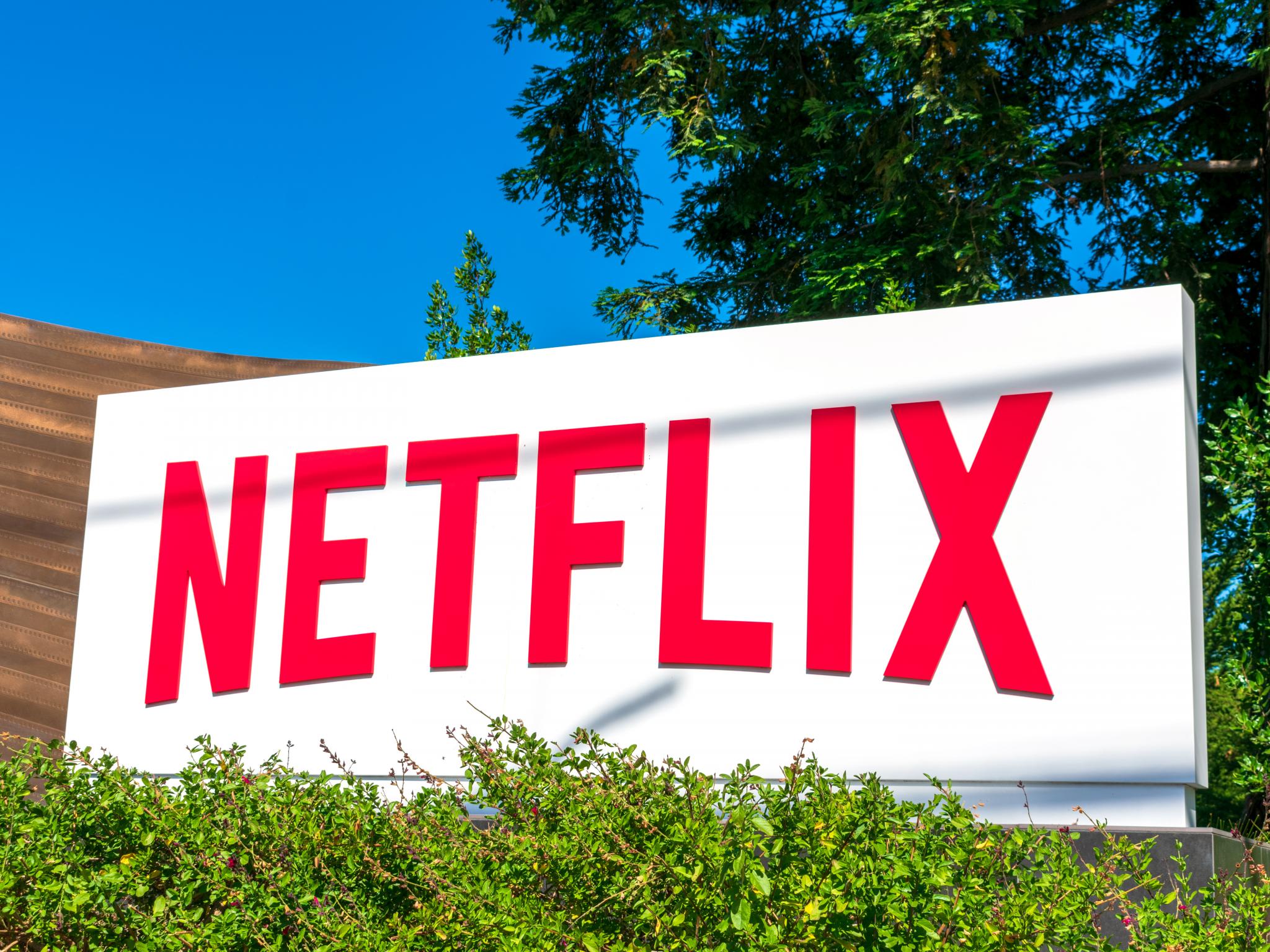
Streaming giant Netflix Inc. (NASDAQ:NFLX) has produced some of the most well-received shows of the last decade including “Stranger Things” and “Squid Game.”
The Los Gatos, California-based company may have another hit series on the way — this time from the former showrunners of “Game of Thrones.”
What Happened: David Benioff and D.B. Weiss, who led the massively successful HBO series "Game of Thrones" for eight seasons, signed a $200 million deal with Netflix.
HBO's parent company is Warner Bros. Discovery (NASDAQ:WBD), whose leadership has been under scrutiny as of late after the company lost $20 billion in market cap between April and August of this year.
One company's loss is another's gain. Benioff and Weiss are now adapting another book series into a TV show — “The Three-Body Problem.”
Details and clips of the show were already shown at Netflix’s Tudum event. It's described as a “history of humanity from the point of first contact with an alien civilization all the way to the end of the universe.”
The new series is slated to debut on Netflix in 2023.
Benedict Wong, who stars as Wong in several Marvel Cinematic Universe films, was cast alongside "Game of Thrones" alumni John Bradley and Liam Cunningham.
Netflix announced it was adapting “The Three-Body Problem” in 2020. Author Liu Cixin is a consultant on the series, and Brad Pitt’s Plan B Entertainment is producing.
“The first time I read 'The Three-Body Problem' trilogy, it changed what science fiction meant to me forever,” Netflix’s Peter Friedlander said at the time. Friedlander is now the head of scripted series for Netflix for the U.S. and Canada.
“At the same time, I was also drawn in by the story of all of humanity vulnerable to the same external threat and how this both unifies and divides humans,” he added.
See Also: Stranger Things Hits New Record - Here's How Many People Watched
Why It’s Important: Netflix, which has the rights to all three of Cixin's novels in the series to make an English-language adaptation, expects the series to be a blockbuster for the company.
Over the years, the novel series has only been adapted into a comic series by Tencent Holdings (OTC:TCEHY), and into a Minecraft-style fan-made movie.
It also has international appeal. Tencent has a Chinese television series version in the works and Bilibili (NASDAQ:BILI) released a computer-animated adaptation previously. Bilibili touted rave reviews for their work.
But Netflix could be the first major media company to release a live-action adaptation.
“The Three-Body Problem” was published in China in 2008 and later adapted for the U.S. with an English version in 2014. The book series won "Best Novel" in 2015 for Liu Cixin and is rated by many as one of the top sci-fi book series of all time.
“Liu Cixin’s trilogy is the most ambitious science-fiction series we’ve read, taking readers on a journey from the 1960s until the end of time, from life on our pale blue dot to the distant fringes of the universe,” Benioff and Weiss previously said.
Separately, Netflix is also working on a sequel to “Squid Game.”
HBO, meanwhile, remains busy with a “Game of Thrones” prequel show, “House of the Dragon,” which averaged 29 million viewers for the first five episodes. HBO also has additional "Game of Thrones" content in the pipeline, including a sequel to the original show.
The original “Game of Thrones” averaged 44 million viewers per episode during its eighth season in 2019.
NFLX Price Action: Netflix shares are up 2% to $227.54 on Tuesday.







